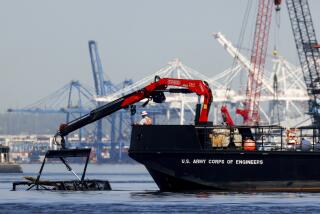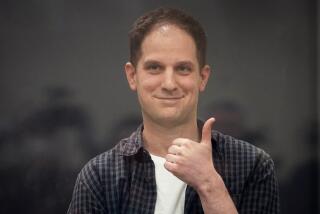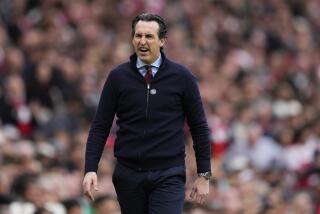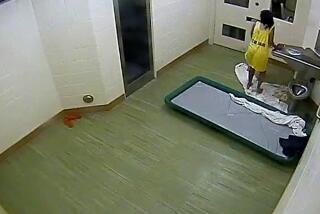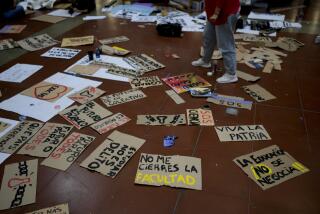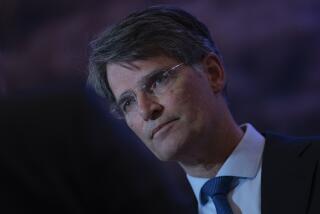Joko Widodo sworn in as president of Indonesia
Joko Widodo, the first Indonesian leader without any ties to the former authoritarian regime of Suharto, was sworn in Monday as president of Indonesia with a reforms agenda in the largest Muslim country in the world.
Jokowi, as he is popularly known, assumes the presidency after a brilliant political career that began in 2005 as a governor and was propelled by his proximity to the people, a corruptionfree image and as an honest and efficient leader.
Jokowi, 53, will have to take on the challenge facing a Parliament controlled by the opposition and grouped in a coalition led by the losing candidate in the presidential elections, Prabowo Subianto, a former general and former soninlaw of Suharto.
“I will work for the people and the Constitution,” Widodo said in his first speech as president at a parliamentiary ceremony in Jakarta where Vice President Jusuf Kalla was also sworn in.
“I swear by Allah to fulfil my duties as President of the Republic of Indonesia with the best of my abilities and in the best possible way,” said the president in a speech broadcast live on television.
The ceremony was attended by U.S. Secretary of State John Kerry, Australian Prime Minister Tony Abbott, Malaysian Prime Minister Najib Razak, along with leaders and representatives of the Association of Southeast Asian Nations.
Widodo, a small businessman involved in furniture export, served as governor of Solo and Jakarta, and is the first president without links to the army or Suharto who ruled the country for 32 years until 1998.
The former governor won the July presidential elections and the parliamentary elections in April, although alliances provided the opposition in the Lower House with a majority.
Widodo replaces Susilo Bambang Yudhoyono, who retires after serving for ten years.
Last Friday, Widodo met with Prawobo who promised to work towards a new stable government.
The new president will preside over a country with an expanding economy and rich natural resources, but also with serious corruption problems, a population where 43 percent of the people earn less than two dollars a day and a growing inequality between rich and poor.

